Whoever becomes the next director-general of the BBC should take a close look at last week’s Question Time. It came from Liverpool, which is perhaps the most left-wing city in the country, Brighton excepted. On it, the actor Laurence Fox was making sensible comments about the Harry and Meghan business (which is beginning to bore me into a stupor), when he was upbraided by a third-division academic from a glorified teacher training college. This was Rachel Boyle, a ‘researcher on race and ethnicity’. She trotted out the familiar, learned-by-rote cliché that Fox was possessed of ‘white privilege’ and was therefore, by implication, disqualified to comment on the matter.
It’s what happened next that should register itself in the mind of whatever fragrant bien-pensant is hoisted into the saddle of this doomed behemoth. As soon as the ridiculous woman uttered the words ‘white privilege’ the entire audience let out a groan of ineffable weariness, as if the will to live had suddenly deserted them. And then they booed. This was in Liverpool, remember, a city often unkindly (and unfairly) characterised as a bastion of victimhood wallowing.
The point I would hope the new DG takes from this is that virtually nobody in the country buys into this egregious identitarian rubbish — beyond, that is, the BBC and the lower halls of academia. The largely white, middle-class producers and presenters of the corporation may be obsessed with identity politics and are able to spout all the fashionable shibboleths, but it has no purchase whatsoever beyond Kensal Rise. It is considered idiotic, banal and divisive even by a broad section of the left — which is beginning to realise that it is one important reason why they never win general elections. Almost nobody swallows this guff. It does not matter how many publicly funded bodies are bullied into acceding each and every demand from one or other victim group, it is still nowhere close to persuading the average voter — or licence fee payer — to clamber aboard the woke bandwagon.
Tony Hall’s decision to quit as DG is the last chance to save the BBC. He is a perfectly fine, emollient administrator, but under his watch the corporation has drifted further and further from the concerns, values and appetites of the people who pay for its existence. It is not that the BBC is left-wing, per se — certainly not on economic issues. Instead it is a hopeless echo chamber and its staff do not think that they are biased at all, simply correct, scarcely coming into contact with a population which is utterly averse to their obsessions.
Under Lord Hall’s administration, a moronic wokeness began to infest each and every part of the BBC’s output. For sure, the news and current affairs programmes were hideously biased on the issues of the European Union, immigration, Israel, Islam and identity politics, even more so than they had been before. And one became used to presenters sneering and snarling at anyone who dared to offer a different view to their own. But it was as nothing compared with the rest of the programming.
The rapidly dwindling audience for the latest, execrable Doctor Who series is the obvious case in point, a once glorious piece of fun for kids which is now a propaganda sheet for agitprop middle-class London liberals (and, for kids, virtually unwatchable). Nor could they leave poor Charles Dickens alone, turning A Christmas Carol into a tirade against capitalism. Richard Adams’s Watership Down was reimagined to include keening feminist rabbits. Every drama had a message shoehorned into it.
There was no respite on comedy panel shows, either, where participants thought it enough to say ‘Trump’ or ‘Boris’ to gain a laugh. Radio 4 meanwhile transformed itself into an endless fugue of misery and victimhood: listen to it for more than an hour and you begin to reach for a razor blade. No wonder the audience share plummeted.
The great mass of people simply do not agree with the BBC’s vision of the world. They may respect it for historical reasons and, occasionally, for a fine piece of journalism which somehow slips through the net. But the march away from Labour which we saw last month was occasioned by a final realisation that the party had nothing in common with the people who are supposed to vote for it. There is evidence that exactly the same thing is happening with the BBC. One of Lord Hall’s last acts was to appoint a ‘diversity’ czar. Diversity of political opinion? Nope, it was the fervent Remainer June Sarpong who was there to ensure the BBC became even more identitarian.
The new director-general’s kindest act would be to shepherd the BBC gracefully towards its existence as a subscription-only service. Frankly, given the breadth of the BBC’s output, it would represent decent value for money compared with, say, Sky or Netflix. But the take-up will be small if the corporation continues to misunderstand how averse possible subscribers are to being told how to think, as if they were children or just plain thick. And changing the mindset of the BBC is almost impossible when it is the recipient of a direct levy on everybody in the country, like it or not, so that in the end ratings do not really matter one jot.
If it were forced to live in the commercial world, the BBC might suddenly begin to comprehend the need to understand its audience a little better and to champion meaningful diversity — not of colour of skin or sexual orientation or gender, but of political and cultural views.
Got something to add? Join the discussion and comment below.
Get 10 issues for just $10
Subscribe to The Spectator Australia today for the next 10 magazine issues, plus full online access, for just $10.
You might disagree with half of it, but you’ll enjoy reading all of it. Try your first month for free, then just $2 a week for the remainder of your first year.


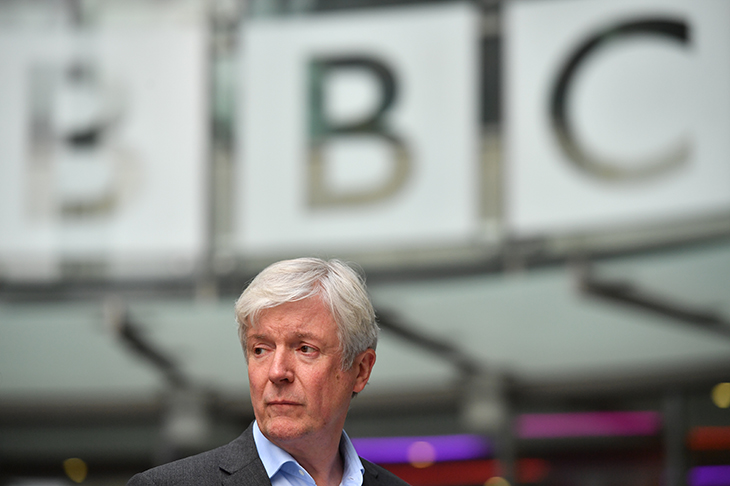
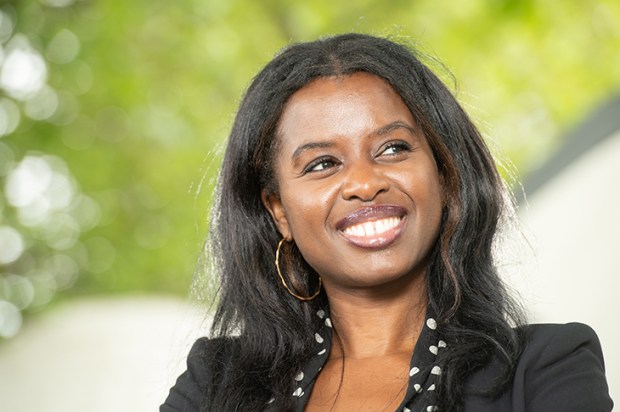
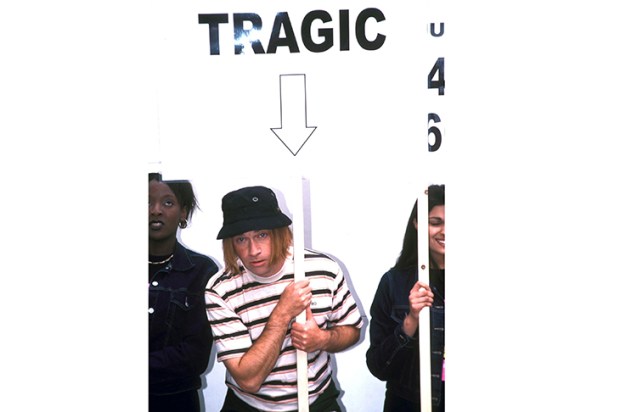
![[GETTY IMAGES]](https://www.spectator.com.au/wp-content/uploads/2019/02/GettyImages_3288778.jpg?w=620)
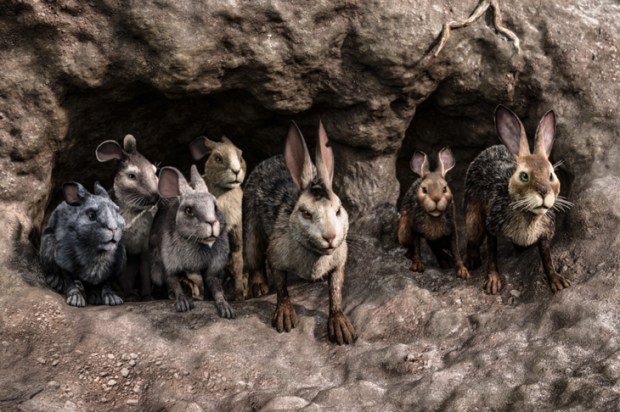
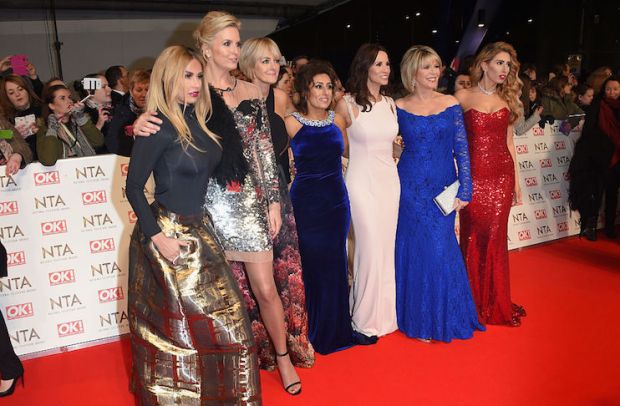







Comments
Don't miss out
Join the conversation with other Spectator Australia readers. Subscribe to leave a comment.
SUBSCRIBEAlready a subscriber? Log in